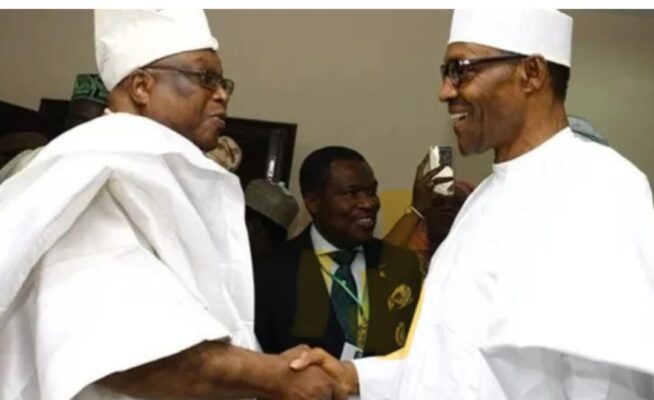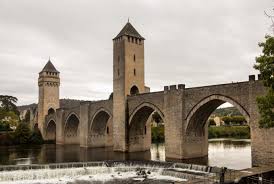The Significance of the Awujale of Ijebu in Nigeria

Introduction
The Awujale of Ijebu is a paramount traditional ruler in Nigeria, specifically in Ogun State. This title embodies a rich history and cultural significance that plays a crucial role in the governance and social structure of the Ijebu people. With the ability to influence local politics and cultural practices, the Awujale remains a central figure in Nigeria’s diverse ethnic landscape.
The Role of the Awujale
The position of the Awujale is not merely ceremonial; it’s deeply rooted in the social, economic, and political fabrics of the Ijebu community. The Awujale oversees traditional rites, mediates disputes, and represents the interests of Ijebu people both locally and nationally. Historically, the Awujale has been a custodian of Ijebu cultural heritage, playing a vital role in preserving customs and traditions.
Recent Developments
As of 2023, the current Awujale, Oba Sikiru Adetona, has been in office since 1960 and is revered for his extensive contributions to the community. His reign has witnessed significant advancements in education, infrastructural development, and cultural promotion within the Ijebu territory. Oba Adetona’s leadership style has garnered respect and recognition, leading to collaborations with governmental bodies and international organizations aimed at fostering development in the region.
The Awujale’s recent involvement in economic initiatives has been notable, as he champions local entrepreneurship and agricultural development. He has led campaigns to encourage Ijebu youths to engage in farming and small-scale enterprises to stimulate the local economy and reduce youth unemployment.
Cultural Festivities and Significance
The annual Ijebu-Remo cultural festival, celebrated under the auspices of the Awujale, highlights the vibrancy of Ijebu traditions. This event attracts thousands of attendees from Nigeria and the diaspora. It serves not only as a means to showcase cultural heritage through dance, music, and traditional attire, but also as a platform for networking among various social and political leaders.
Conclusion
In summary, the Awujale of Ijebu stands as a pivotal figure in Nigeria’s socio-cultural landscape. The ongoing influence of the Awujale suggests a strong commitment to preserving the cultural identities of the Ijebu people while adapting to contemporary challenges. As we move forward, the role of traditional leaders like the Awujale will continue to be significant in shaping the future of community governance and cultural retention in Nigeria.







